Private International Law
Understanding the Intersection of Multiple Legal Systems
Overview of Private International Law
Private International Law is a legal framework that governs cases where multiple jurisdictions and different legal systems intersect. It addresses situations involving individuals, businesses, or entities from one country that are connected to legal issues extending across borders into other countries.
This branch of law covers key areas such as jurisdiction, determining which country’s courts have the authority to hear a case; recognition and enforcement of foreign judgments, ensuring that legal decisions from one country are acknowledged and implemented in another; and the choice of law, which identifies the appropriate legal system to resolve the dispute. Private International Law is often referred to as the conflict of laws.
Private International Law doesn’t seek uniformity across all countries but remains an integral part of each nation’s legal system. While there may be similarities and cooperation among different legal systems, private international law fundamentally differs from public international law in two key aspects: it governs the rules for individuals and businesses, not countries, and its primary focus is to operate within the legal system and courts of a particular country.
Private international law isn't a distinct branch like contract or tort law. Instead, it's an integral part of the legal system that emerges whenever a court case involves elements from different countries. This can occur in various types of cases, including common law, equity, divorce, and more. Whether it's a simple debt case or a complex equitable claim, private international law may be needed to resolve issues. This is the scope of private international law.
Although it isn't its own branch, private international law holds a unique place in the English legal system, much like tort or contract law. What sets it apart is that it always revolves around three key questions:
- Does the English court have jurisdiction to handle the case?
- Can foreign judgments be recognized and enforced in England?
- Which legal system, English or foreign, should apply to the case?
The origins of private international law trace back to Roman law, even though explicit rules for it didn't exist at the time. Roman legal principles influenced its early development and continue to shape our understanding of it today. In England, this field has been referred to as "conflict of law" since the seventeenth century.
This term is also the title of a major textbook used by legal practitioners today. It's how cases, statutes, and other materials related to this subject are organized. In England, "conflict of law" and "private international law" are synonymous. However, the term "international" in private international law can be misleading in one respect—it also deals with how different legal systems within a single country interact.
The nature and scope of private international law involve regulating legal issues that span multiple countries. It focuses on relationships between private individuals, businesses, and entities, rather than nations. This area of law navigates the complexities of determining which country’s laws should apply, which court has jurisdiction, and how foreign judgments are recognized and enforced.
Private international law seeks to bring order and predictability to cross-border legal matters, ensuring fairness and consistency. Its scope encompasses a wide range of areas, including contract disputes, family law, property rights, and more. While it aims to harmonize international legal interactions, it operates within the context of each country’s legal system, adapting to local laws and traditions while facilitating the resolution of legal conflicts that cross borders.
Share
Tags
Archive
Popular & Recent Post






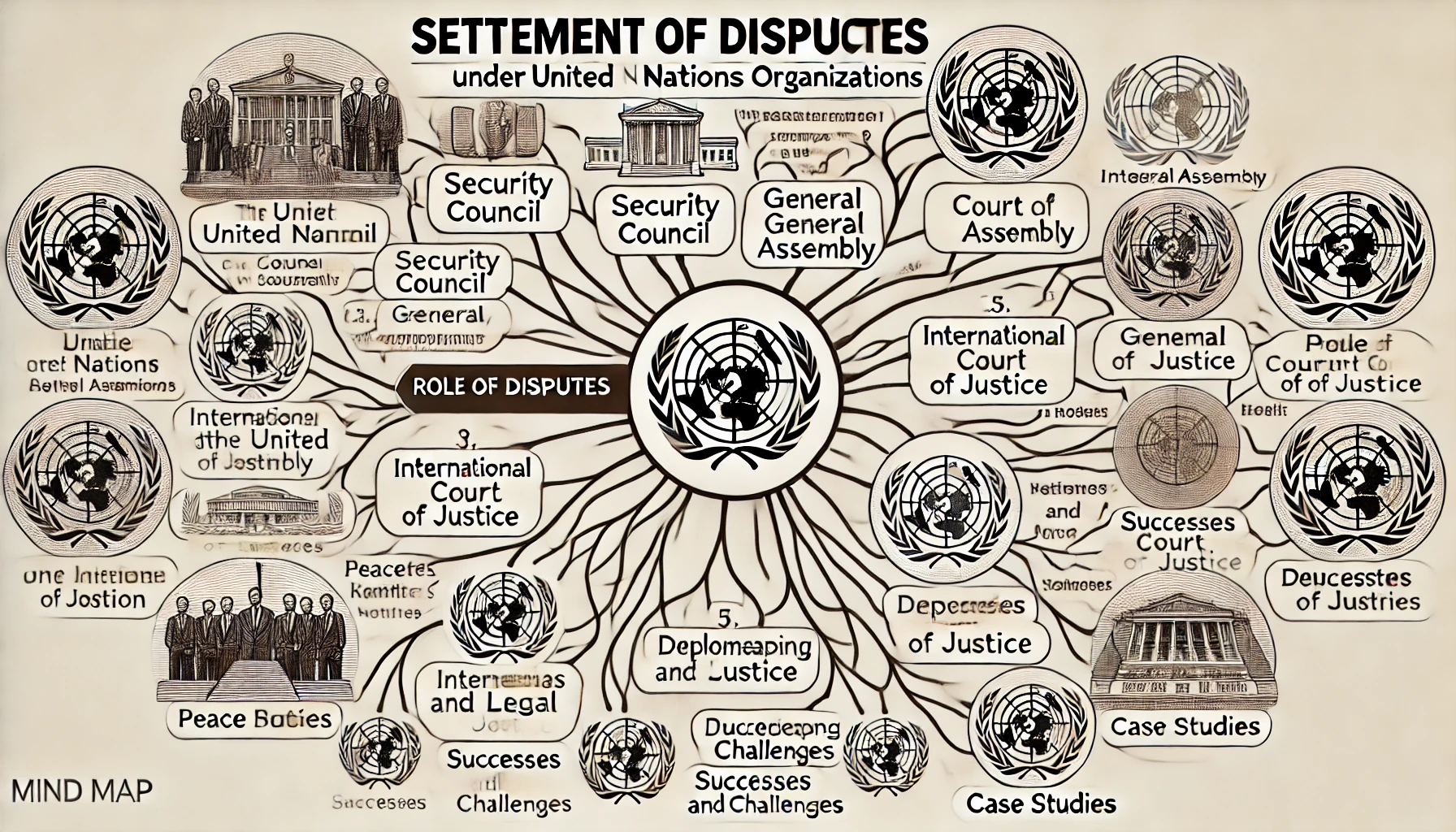
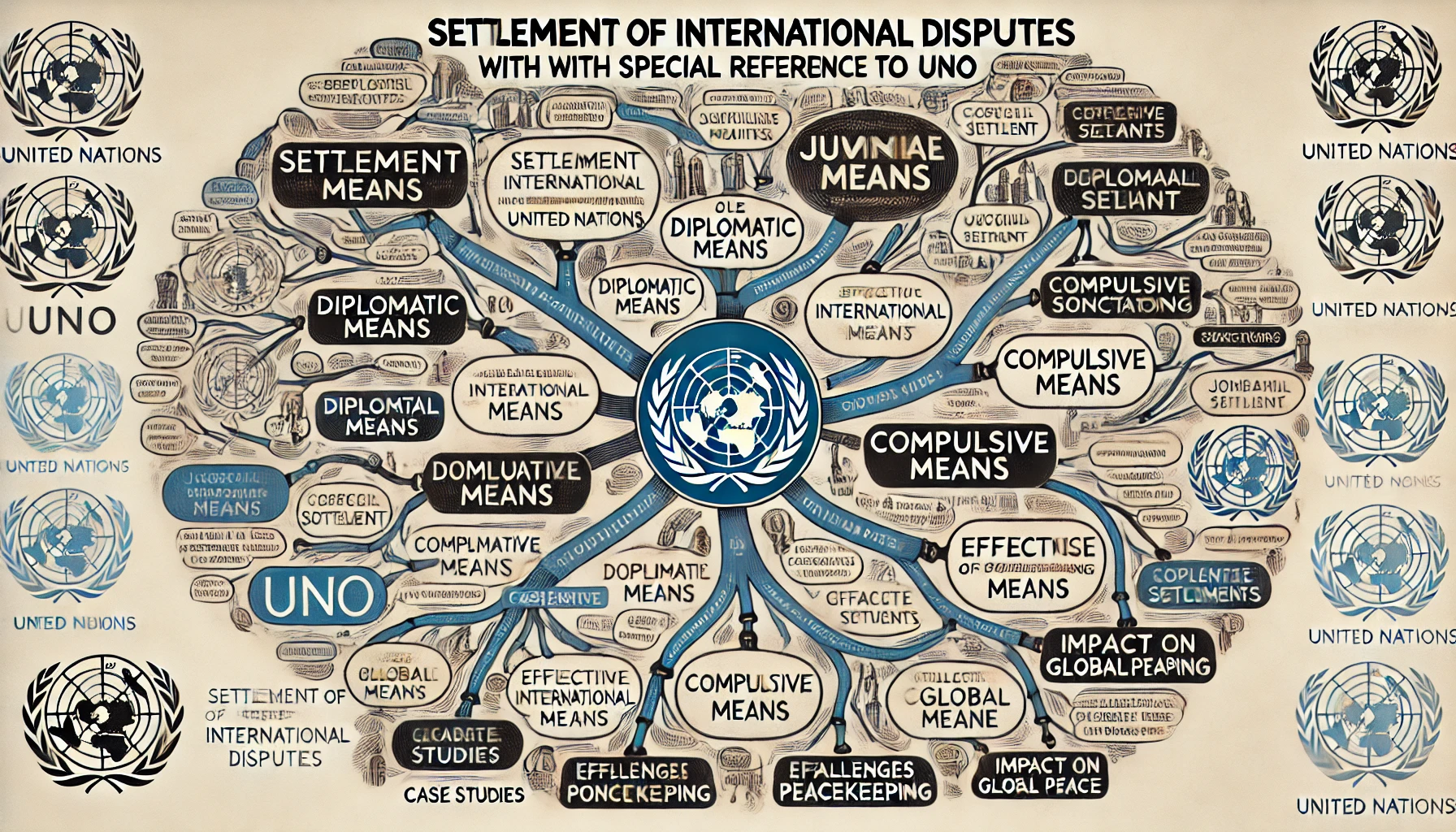
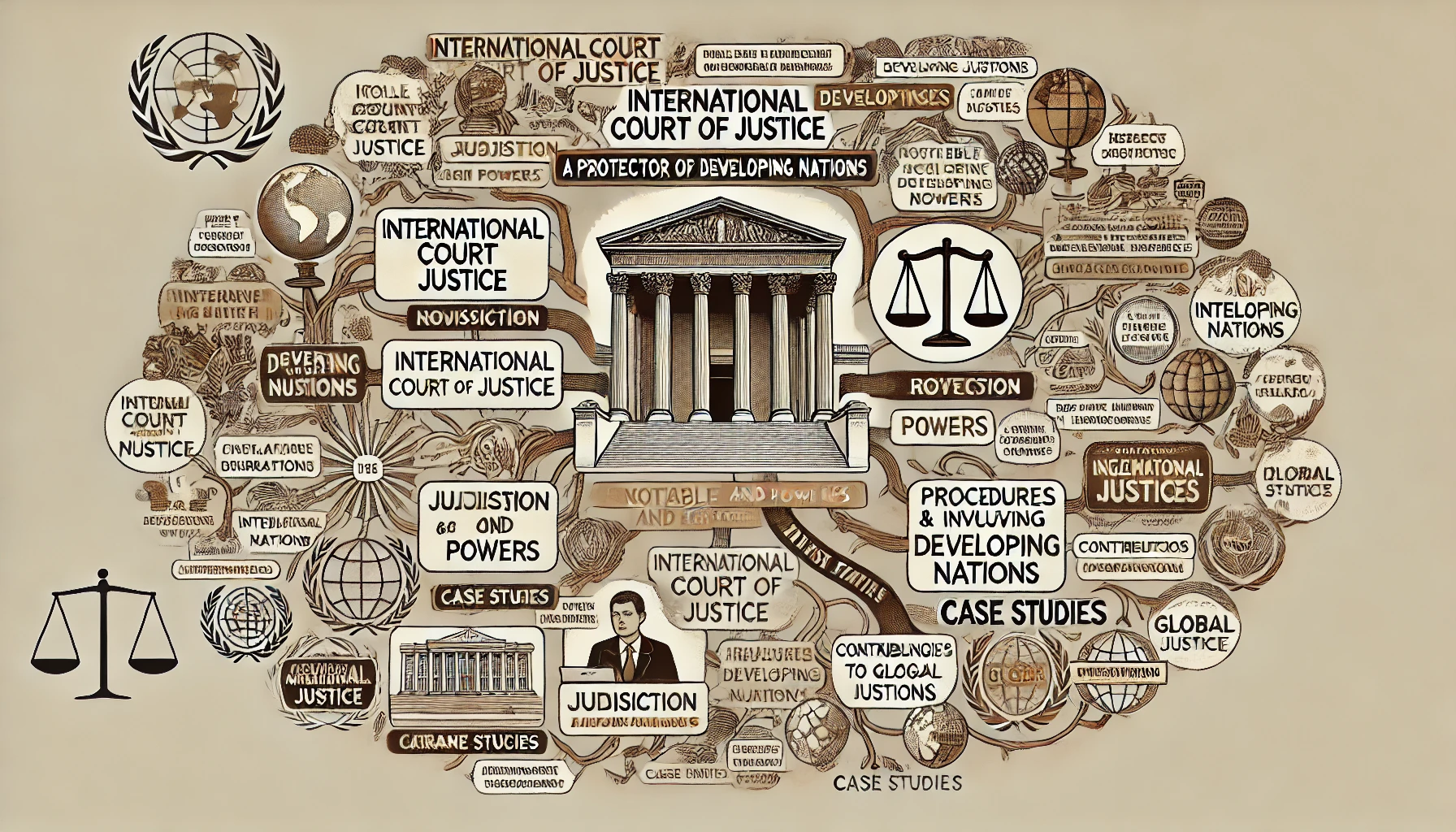
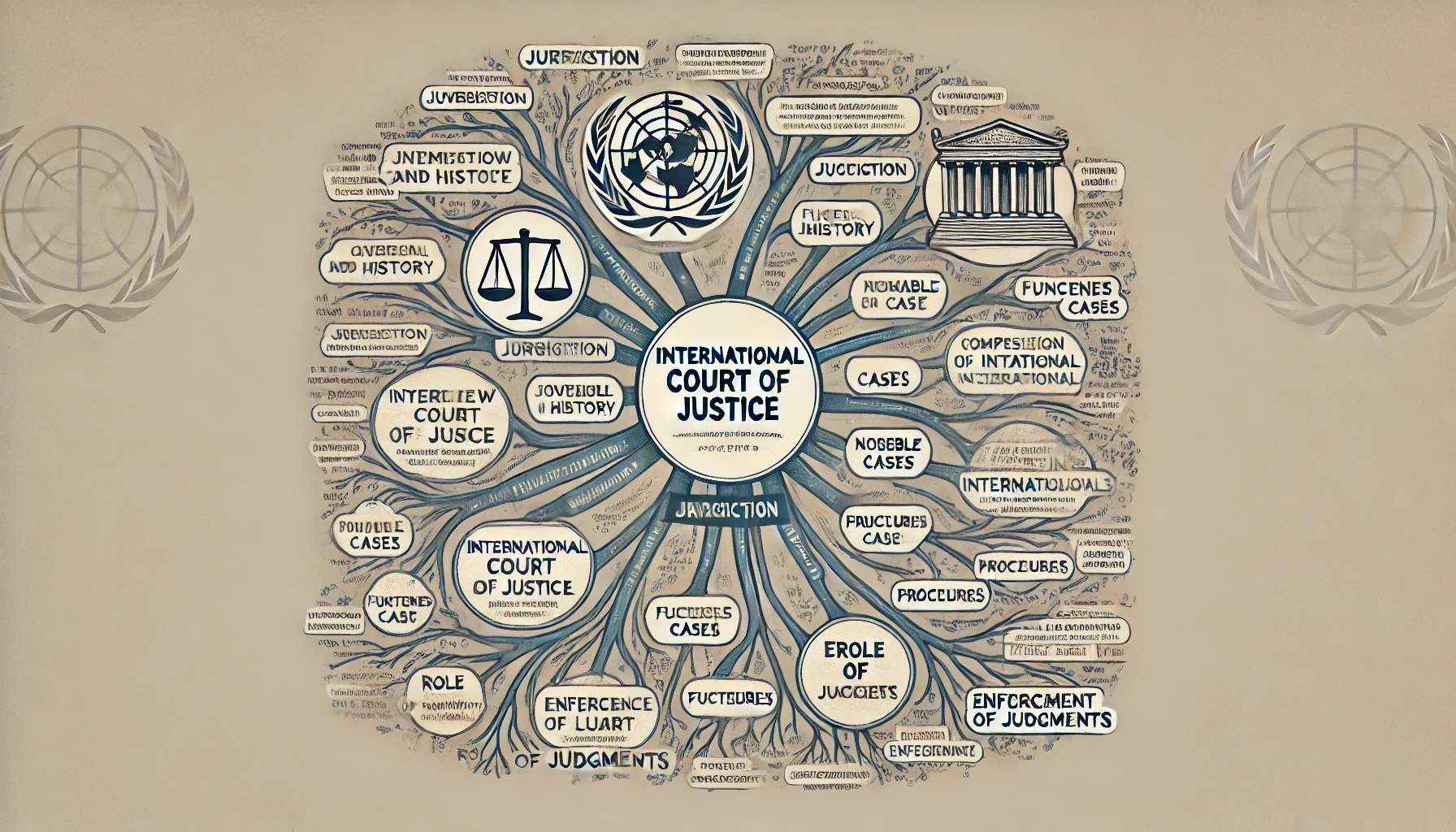
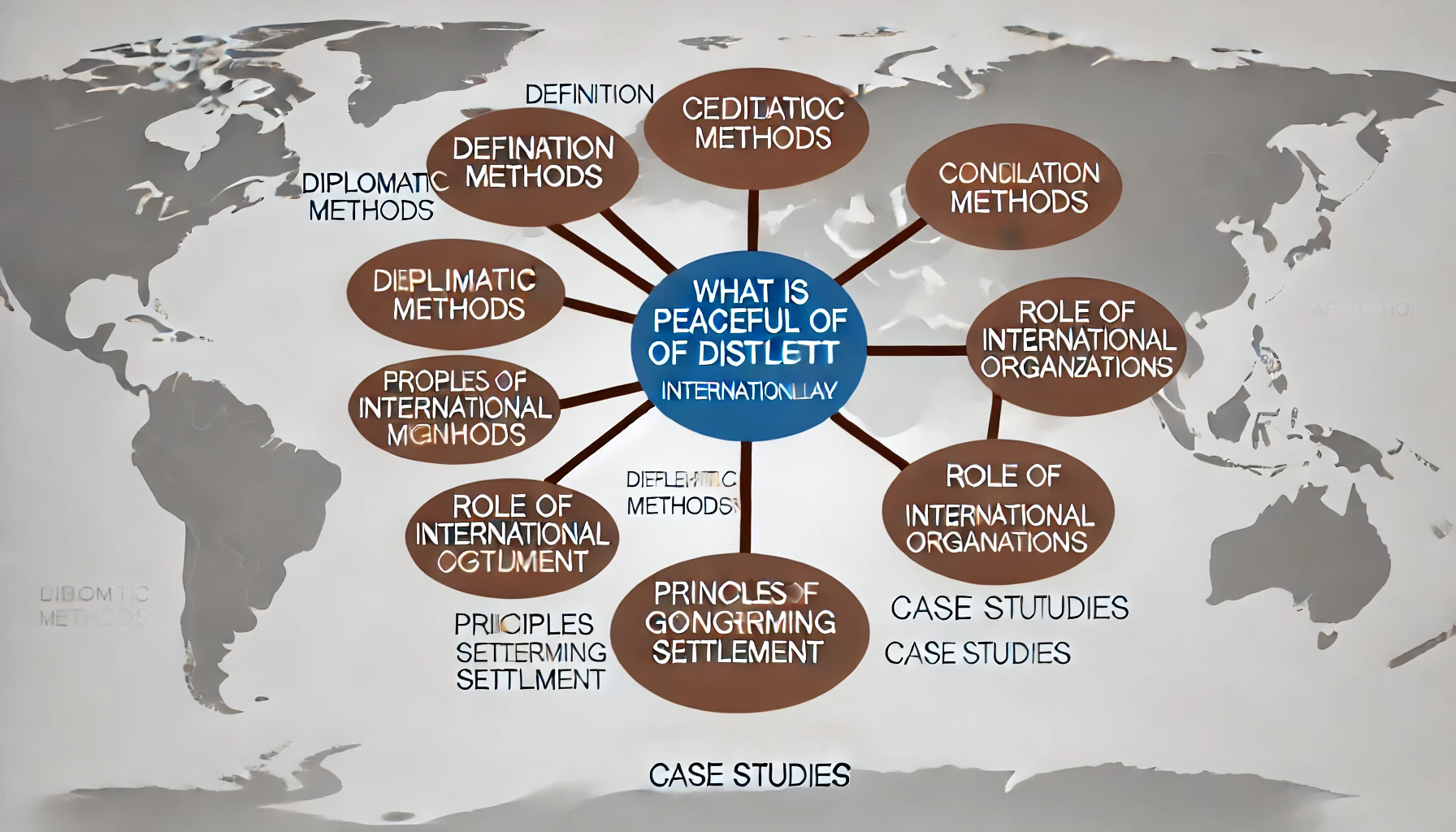

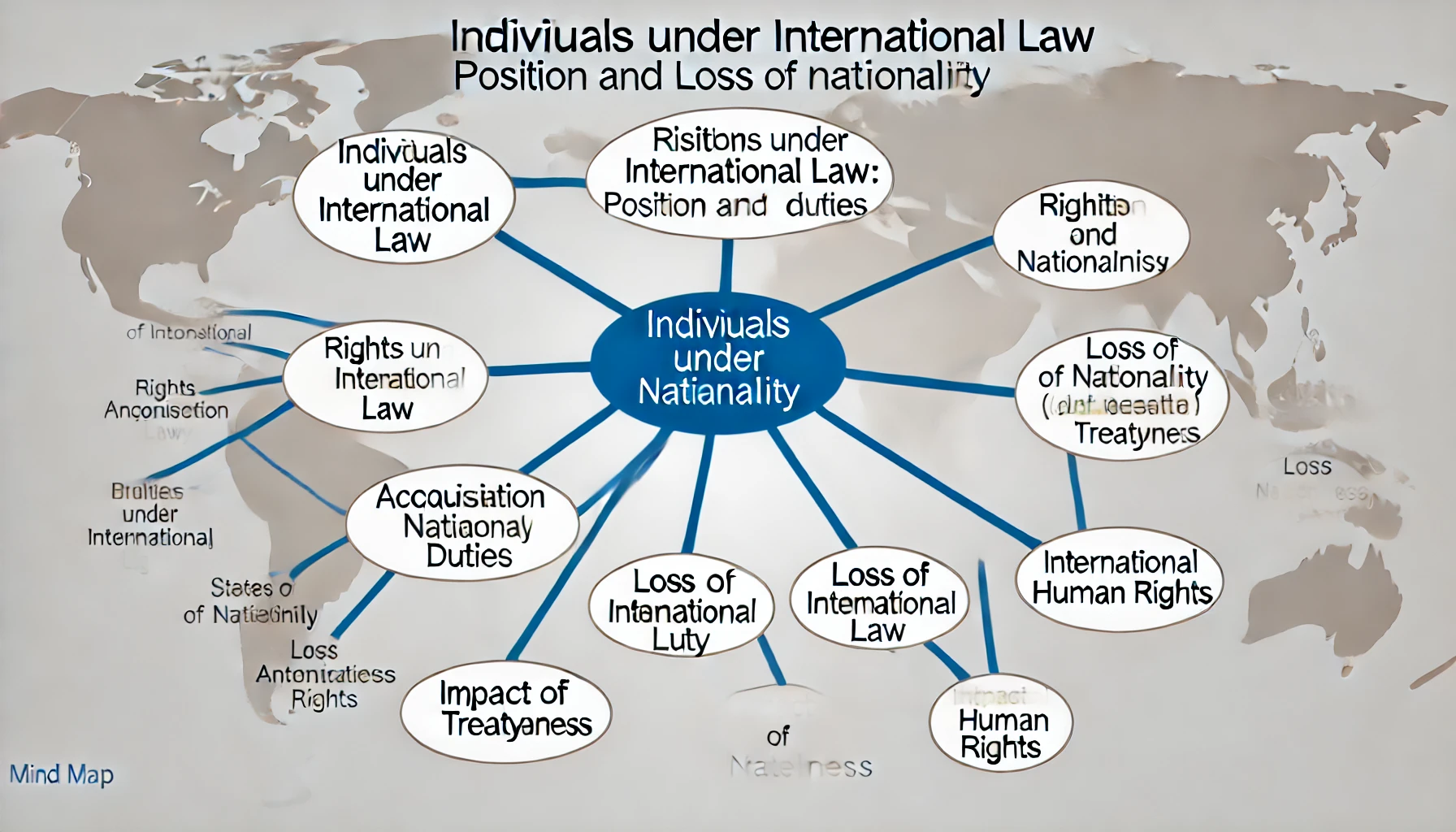
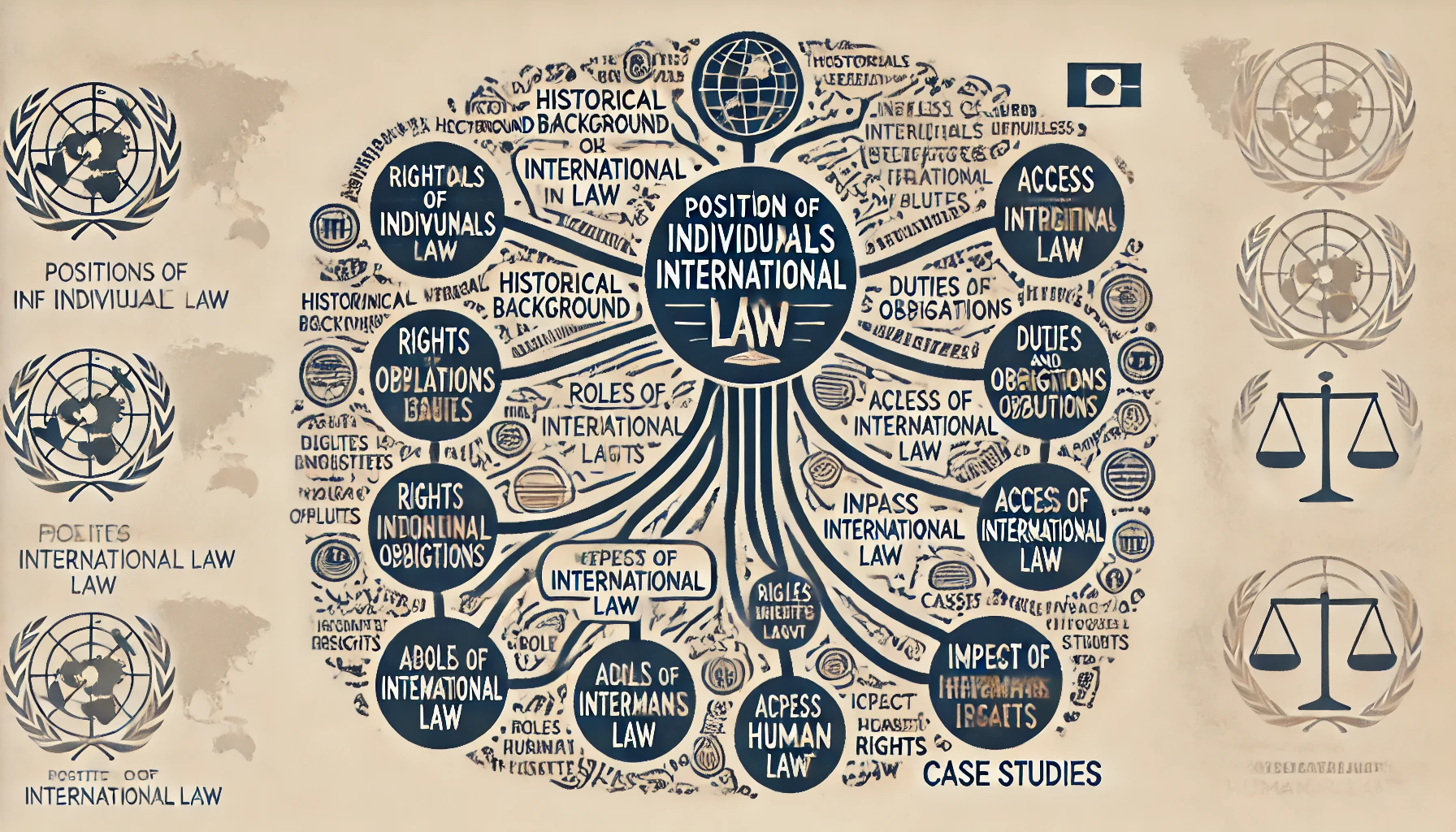
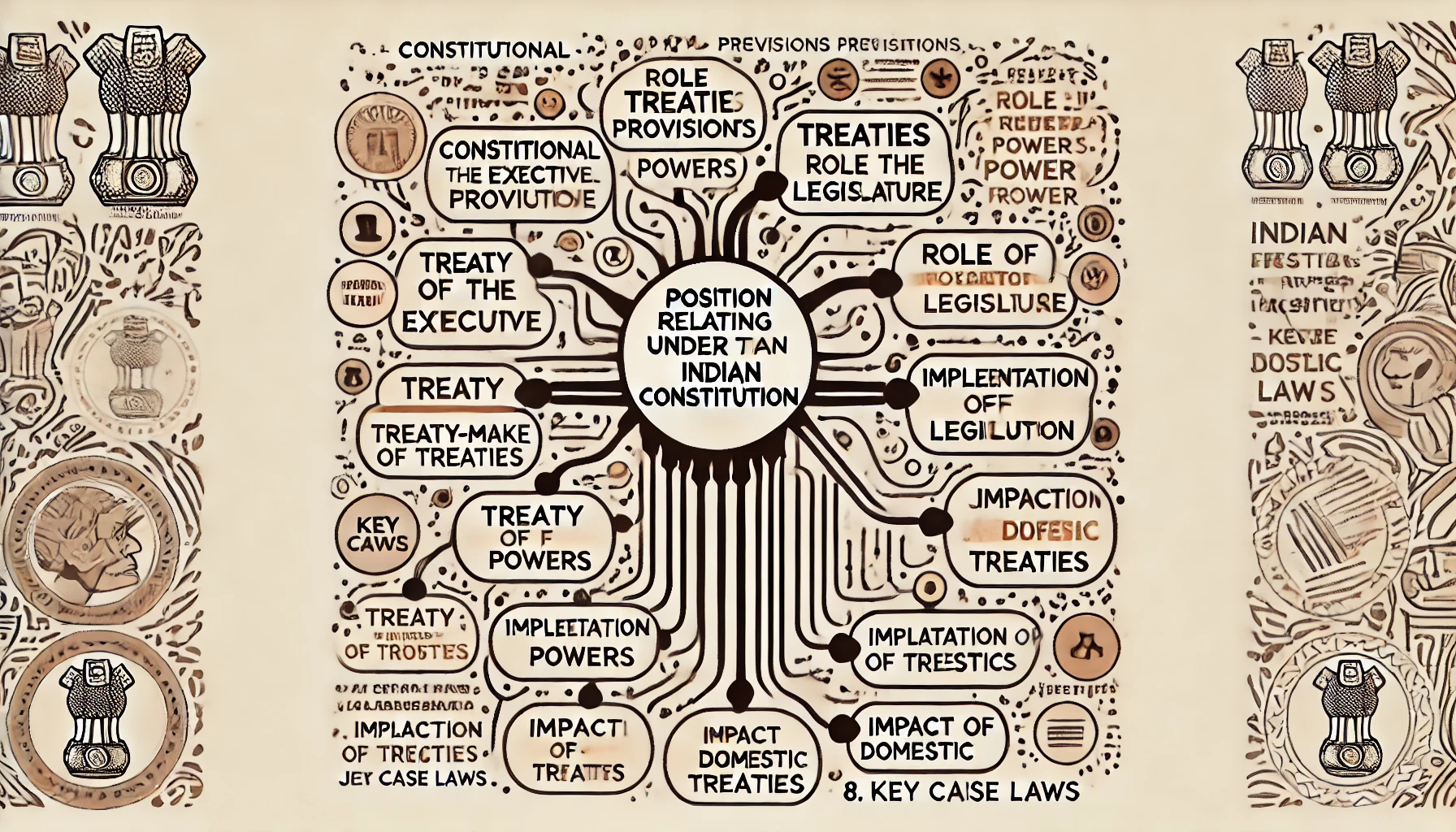

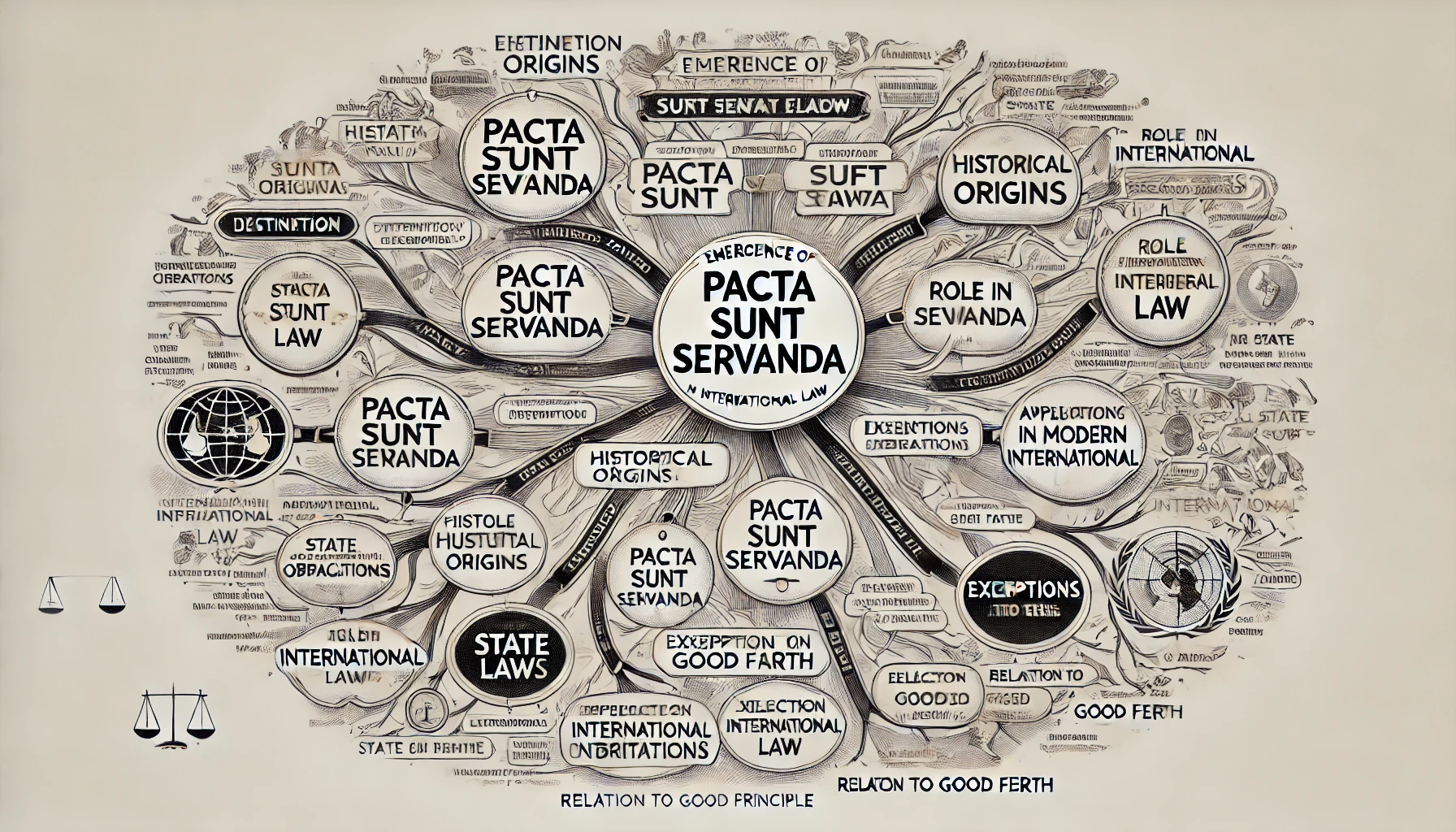
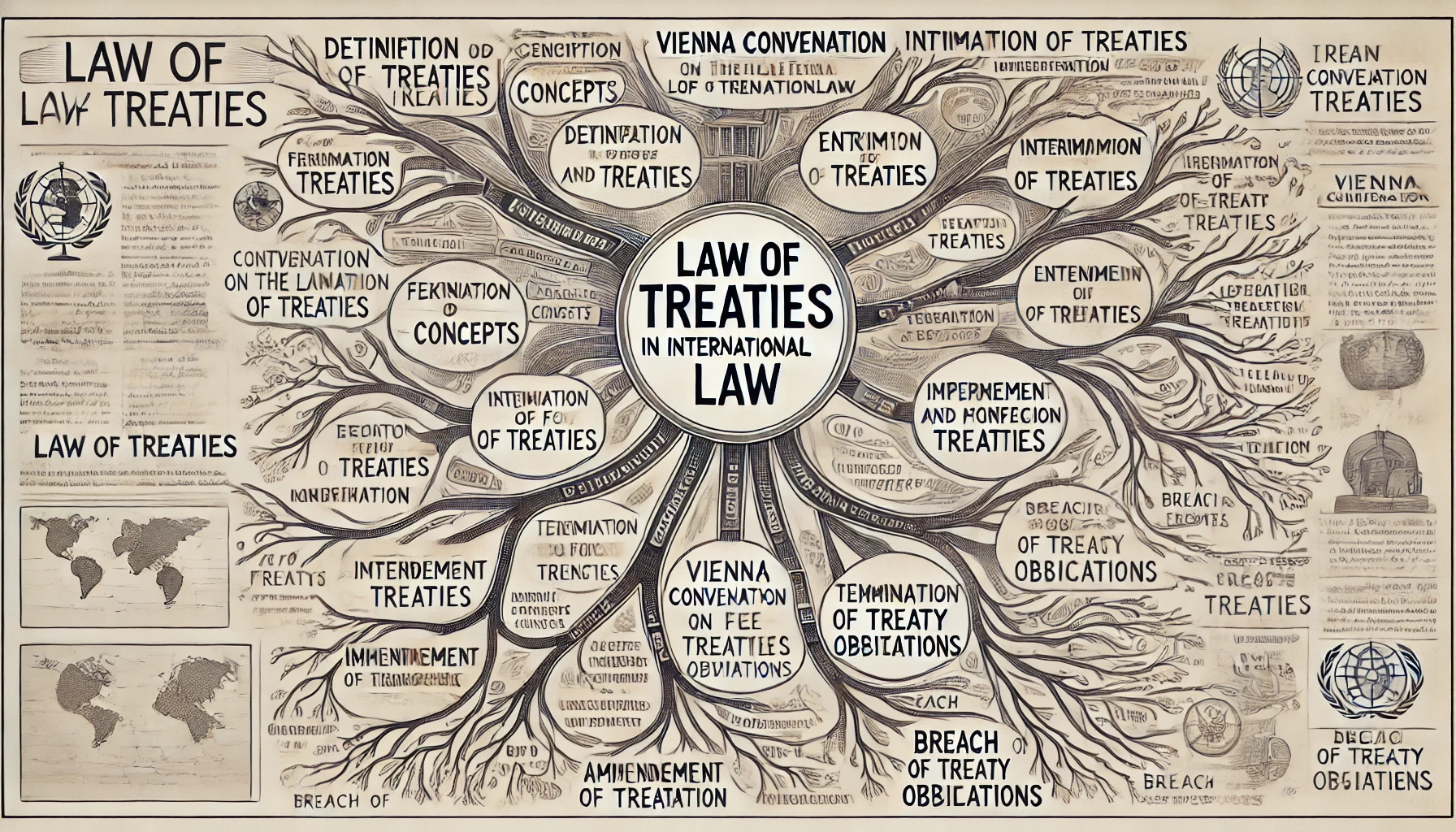
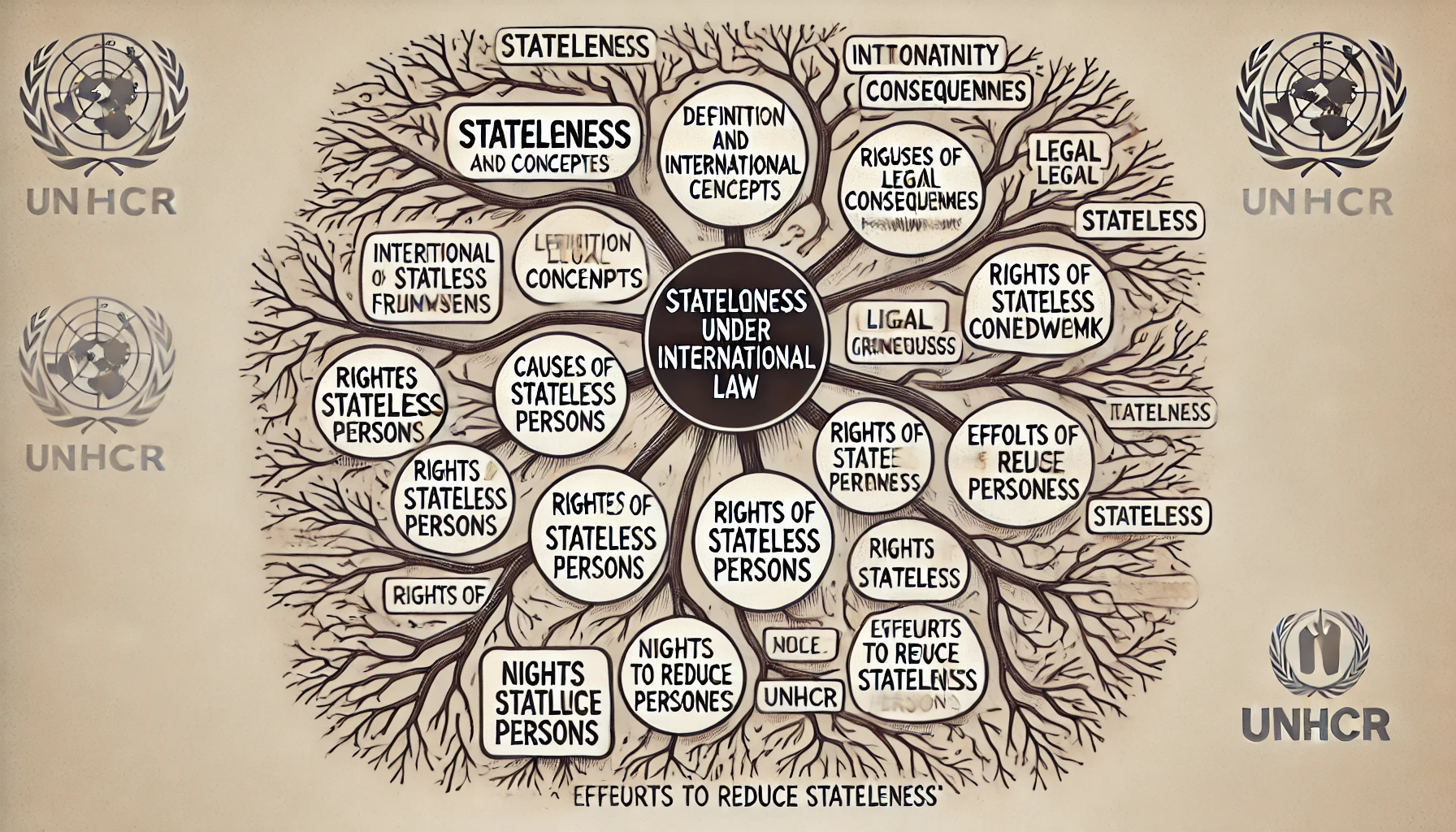
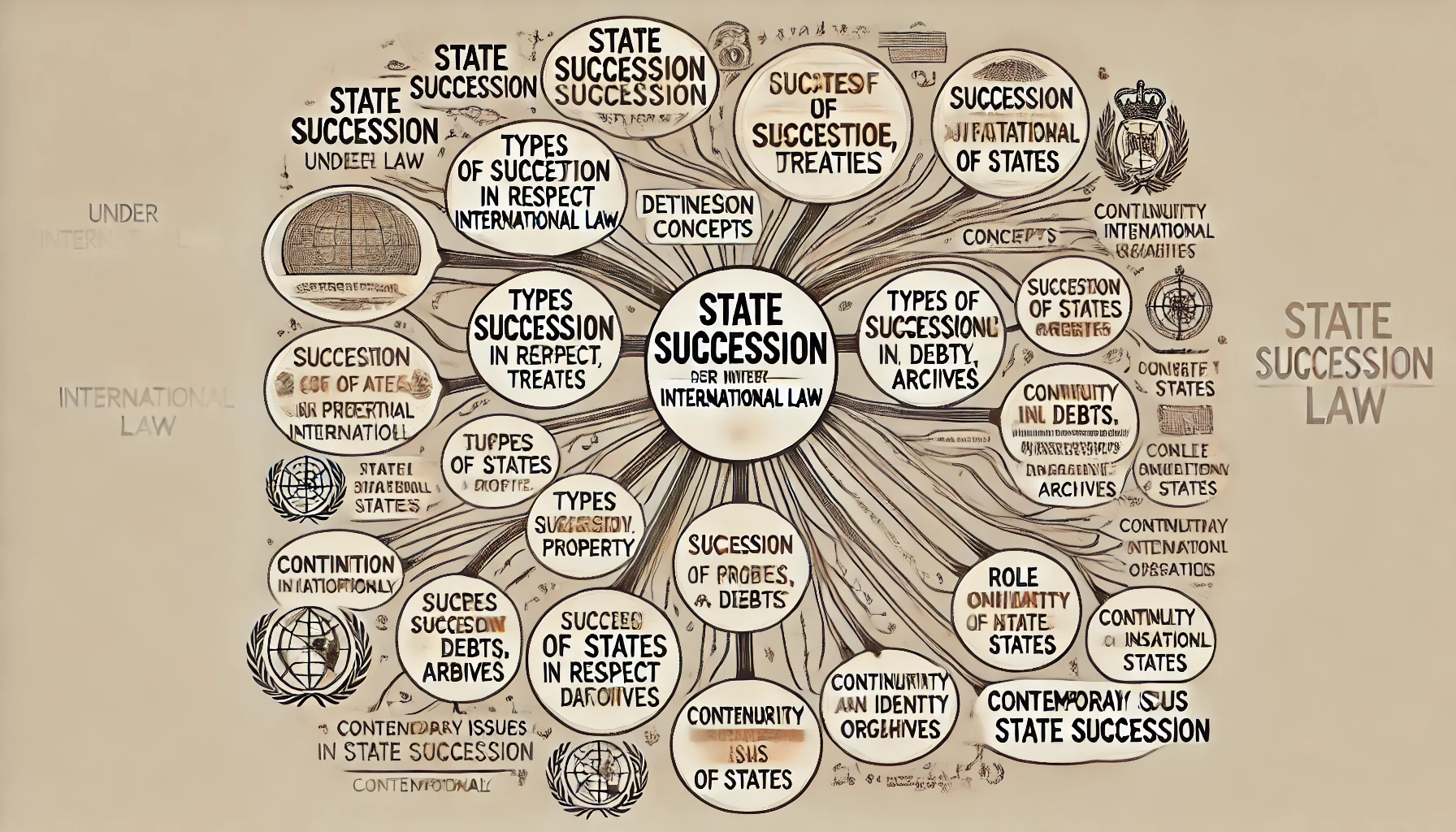
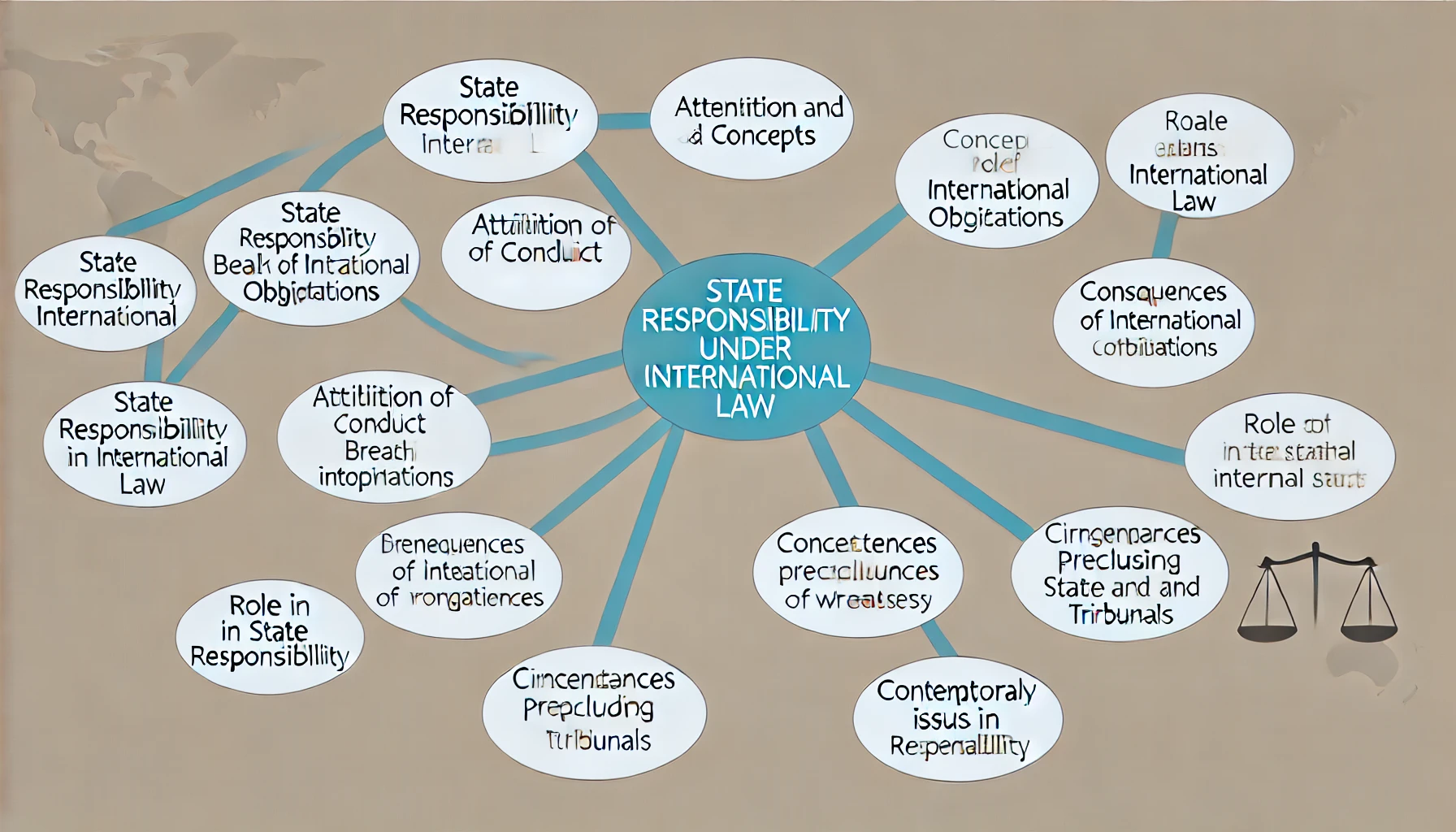
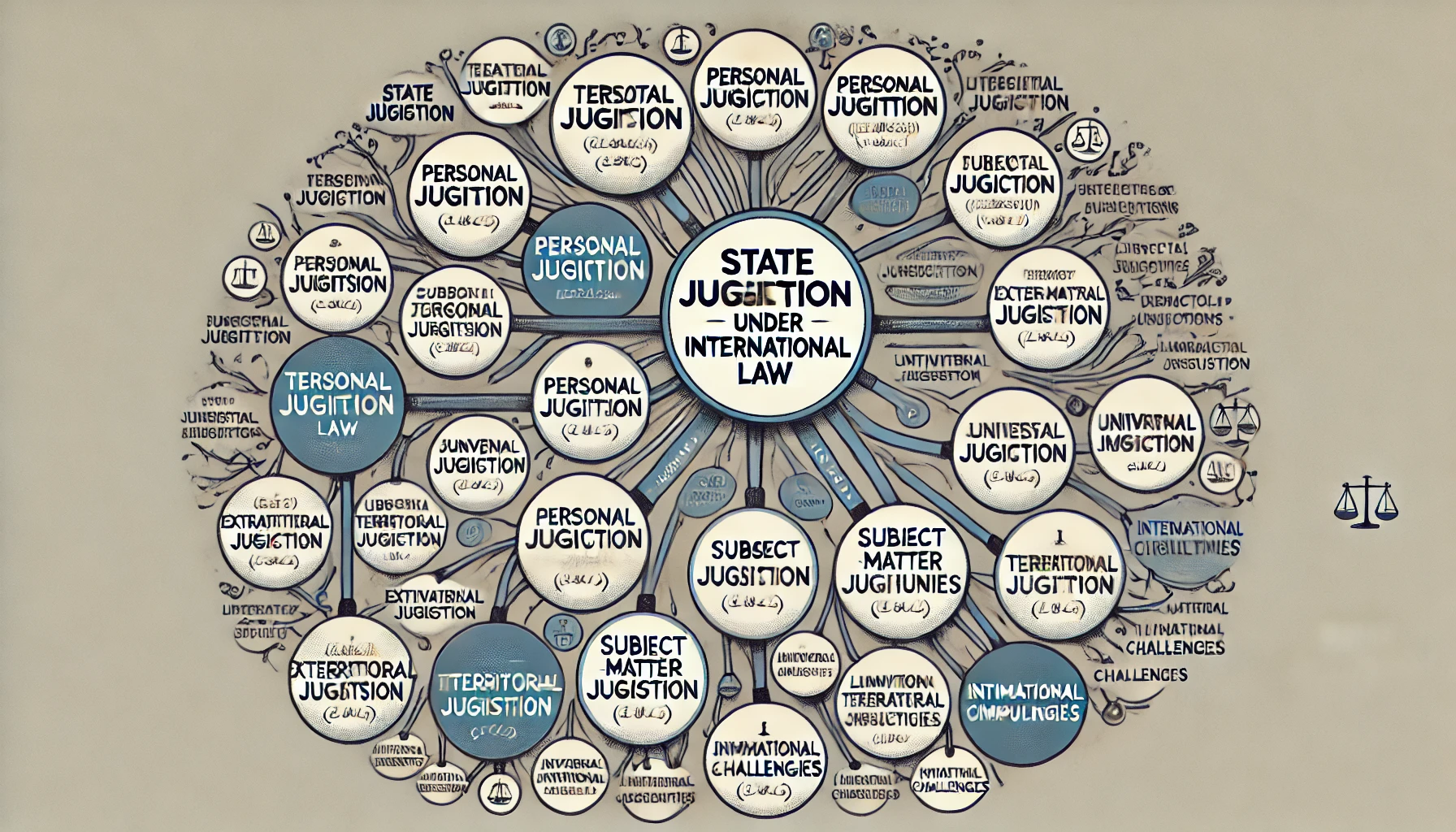
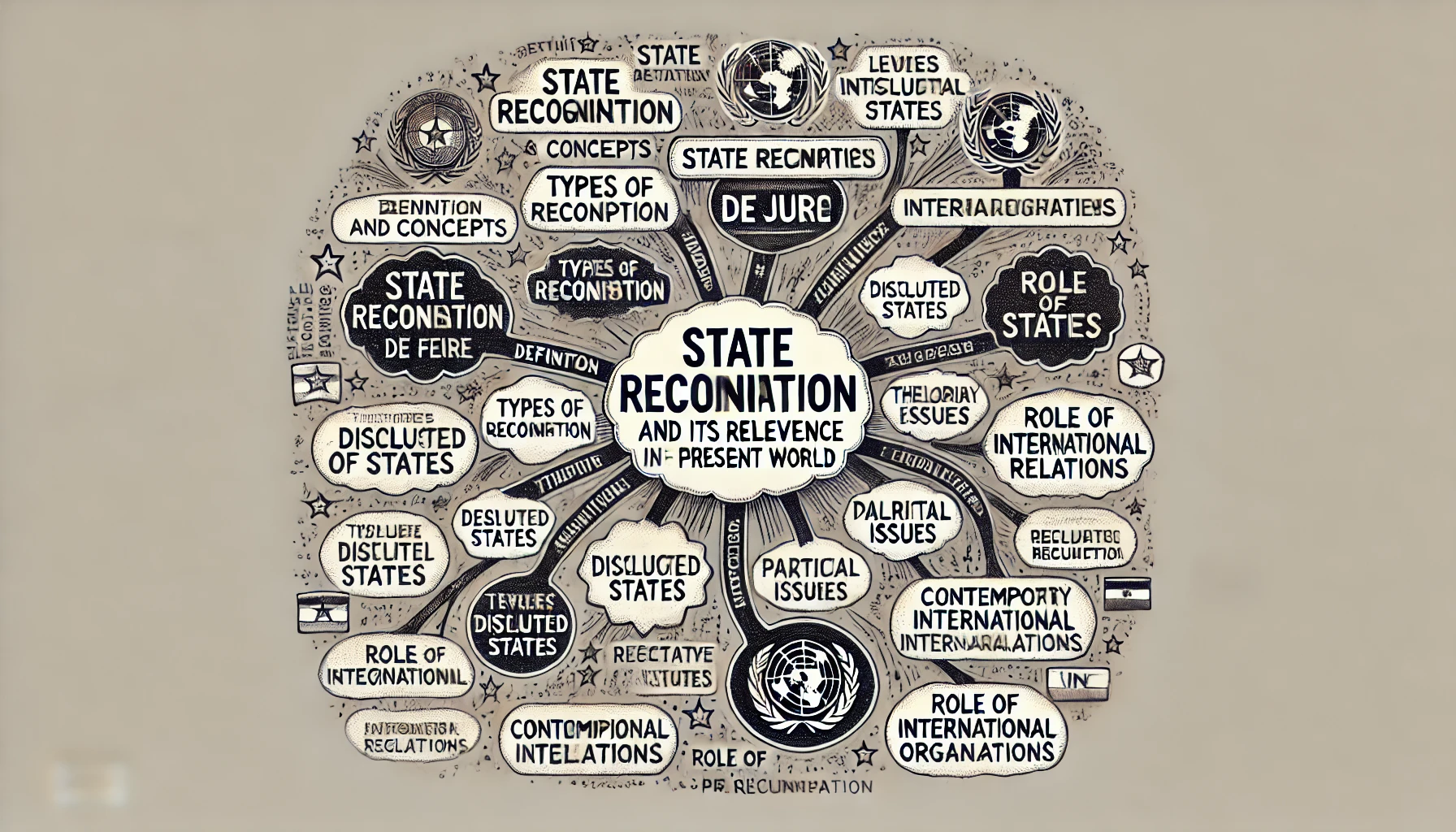
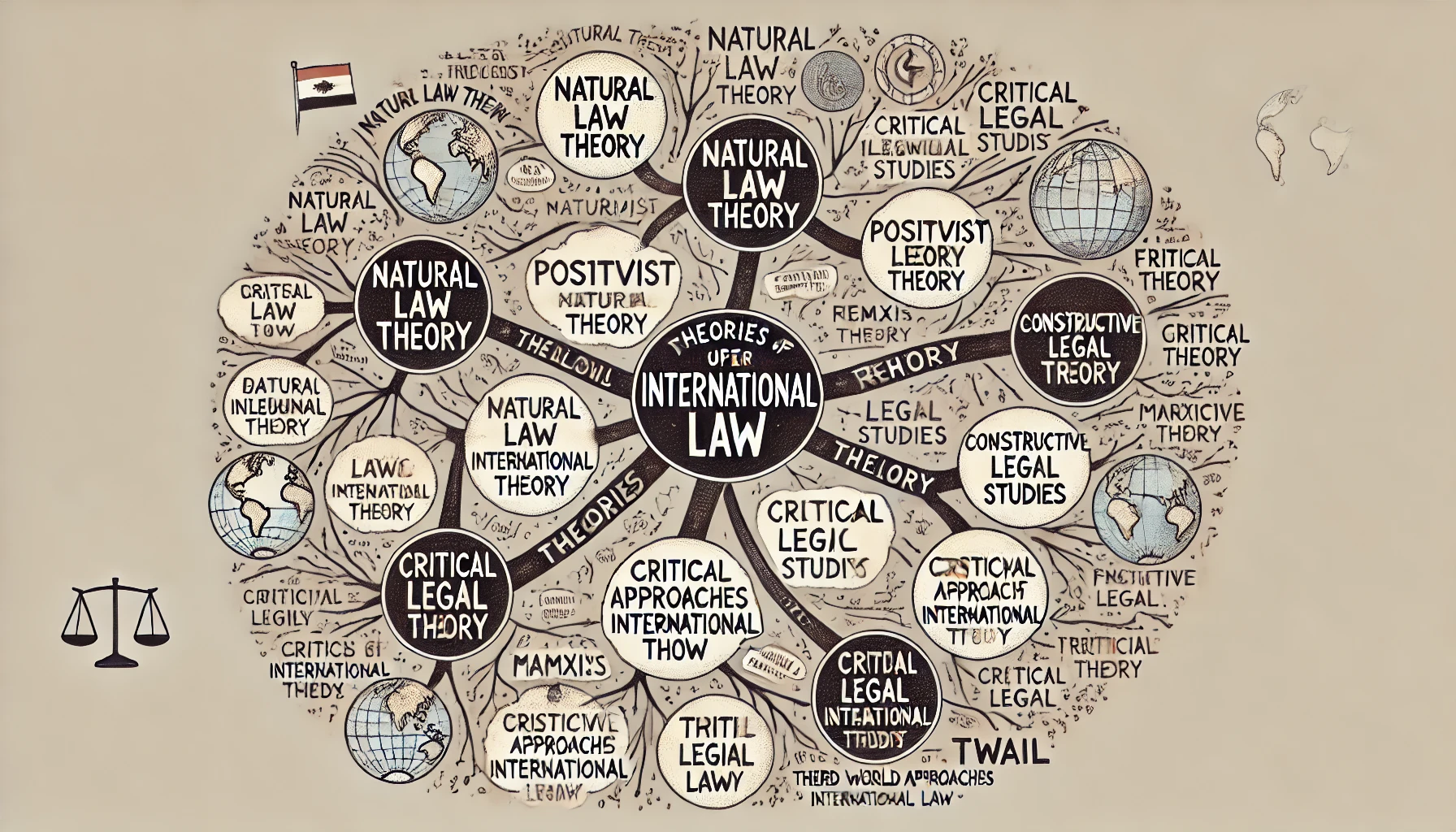
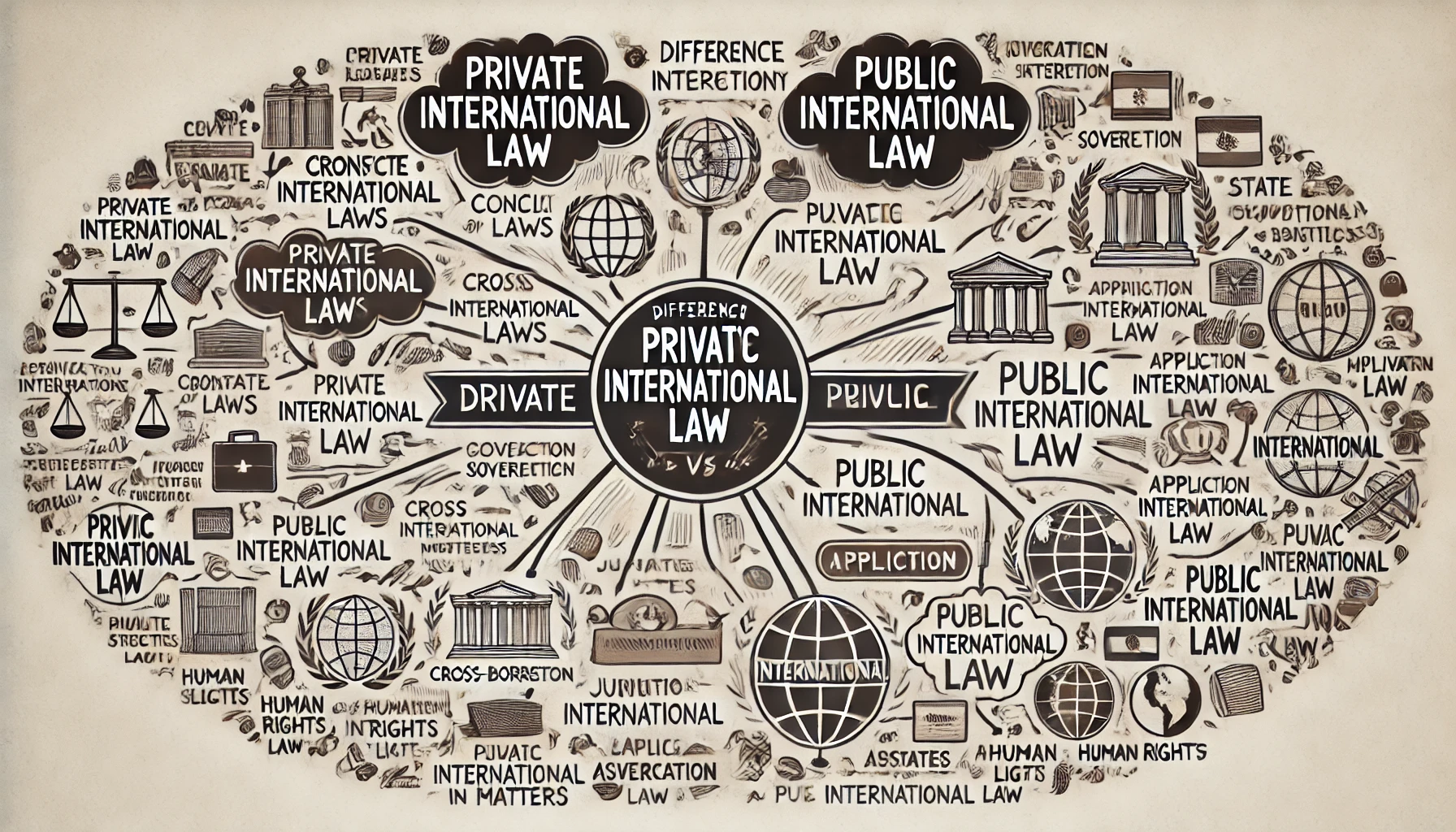
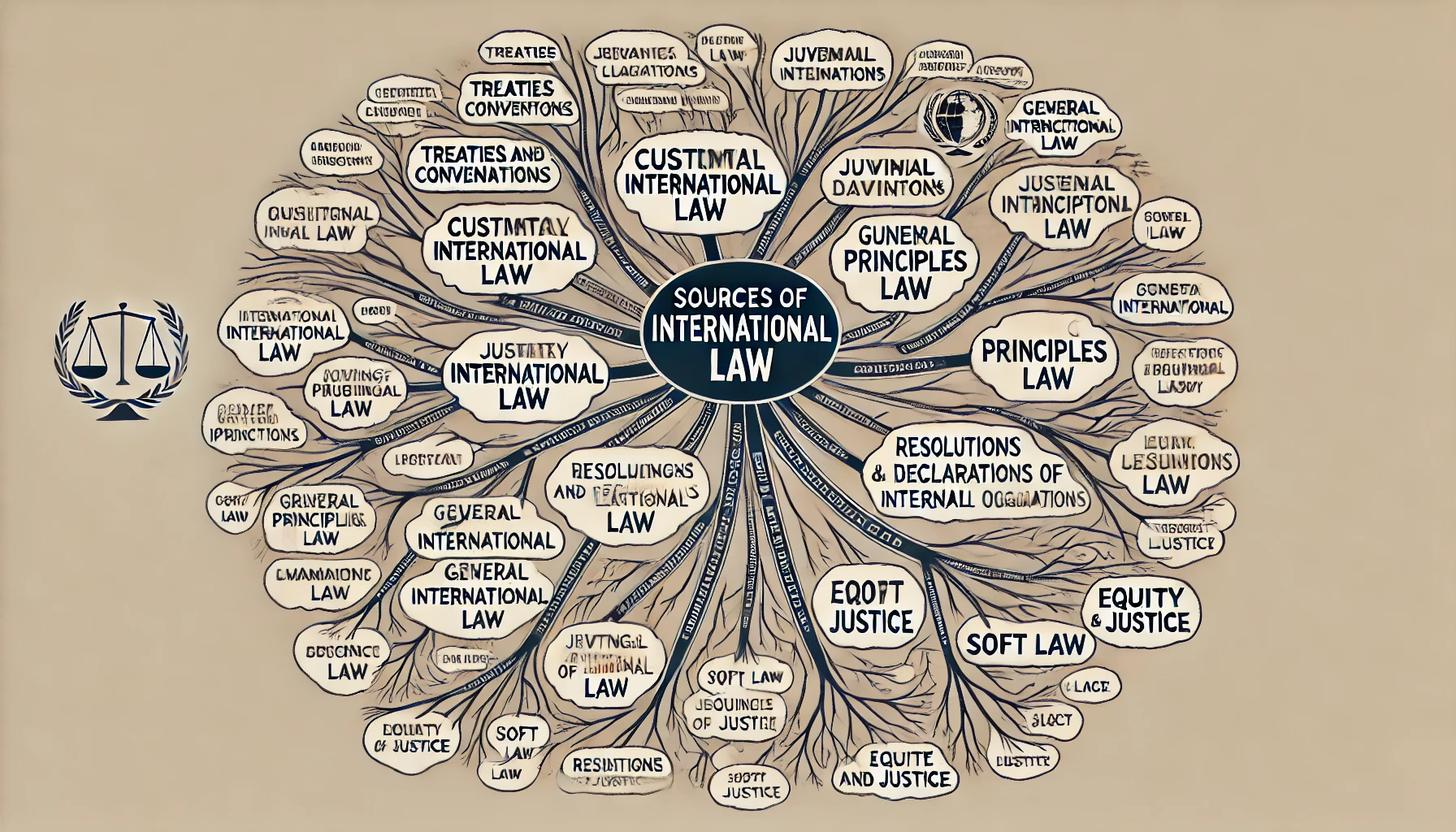
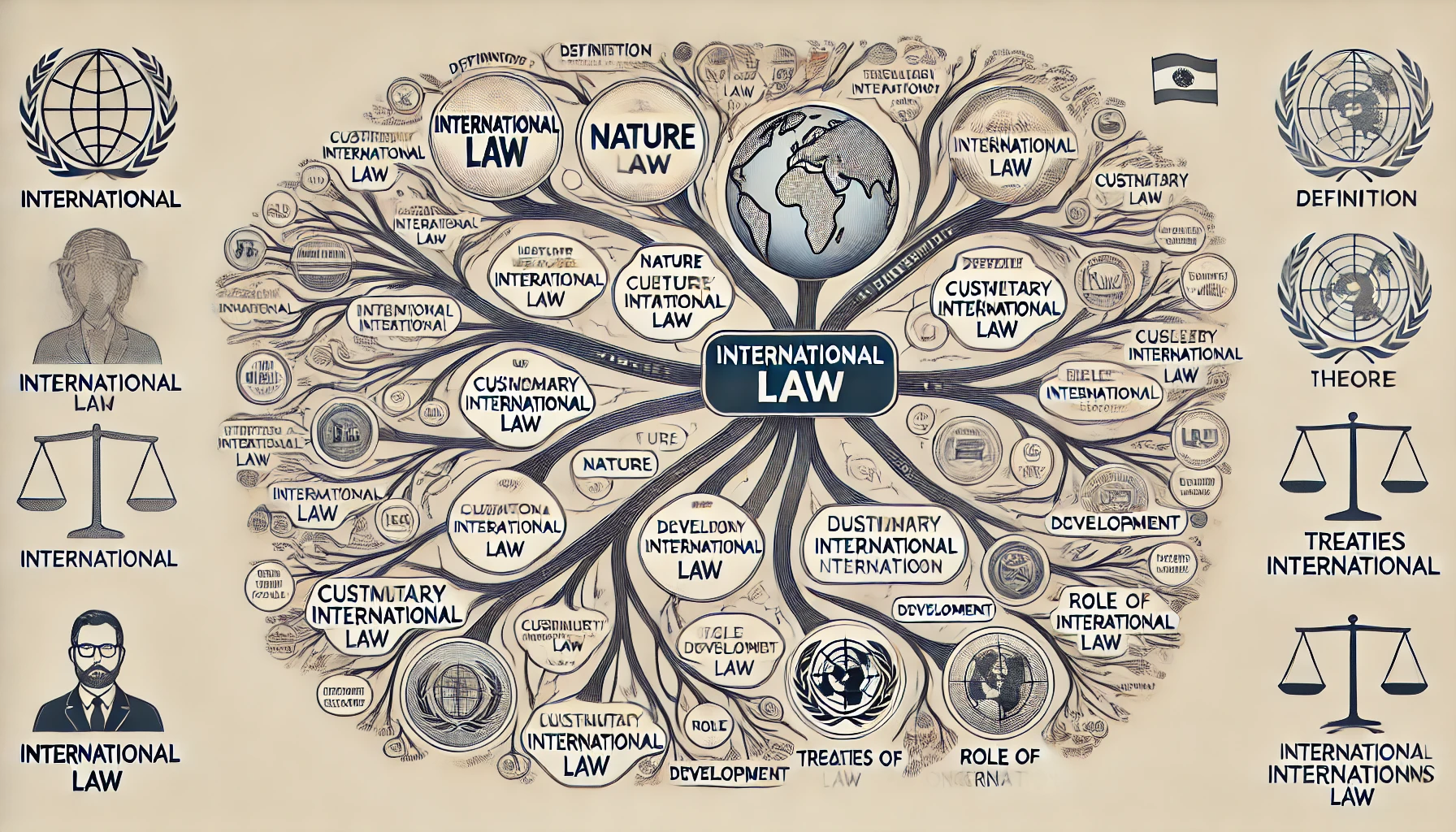


































































































Comment
Nothing for now